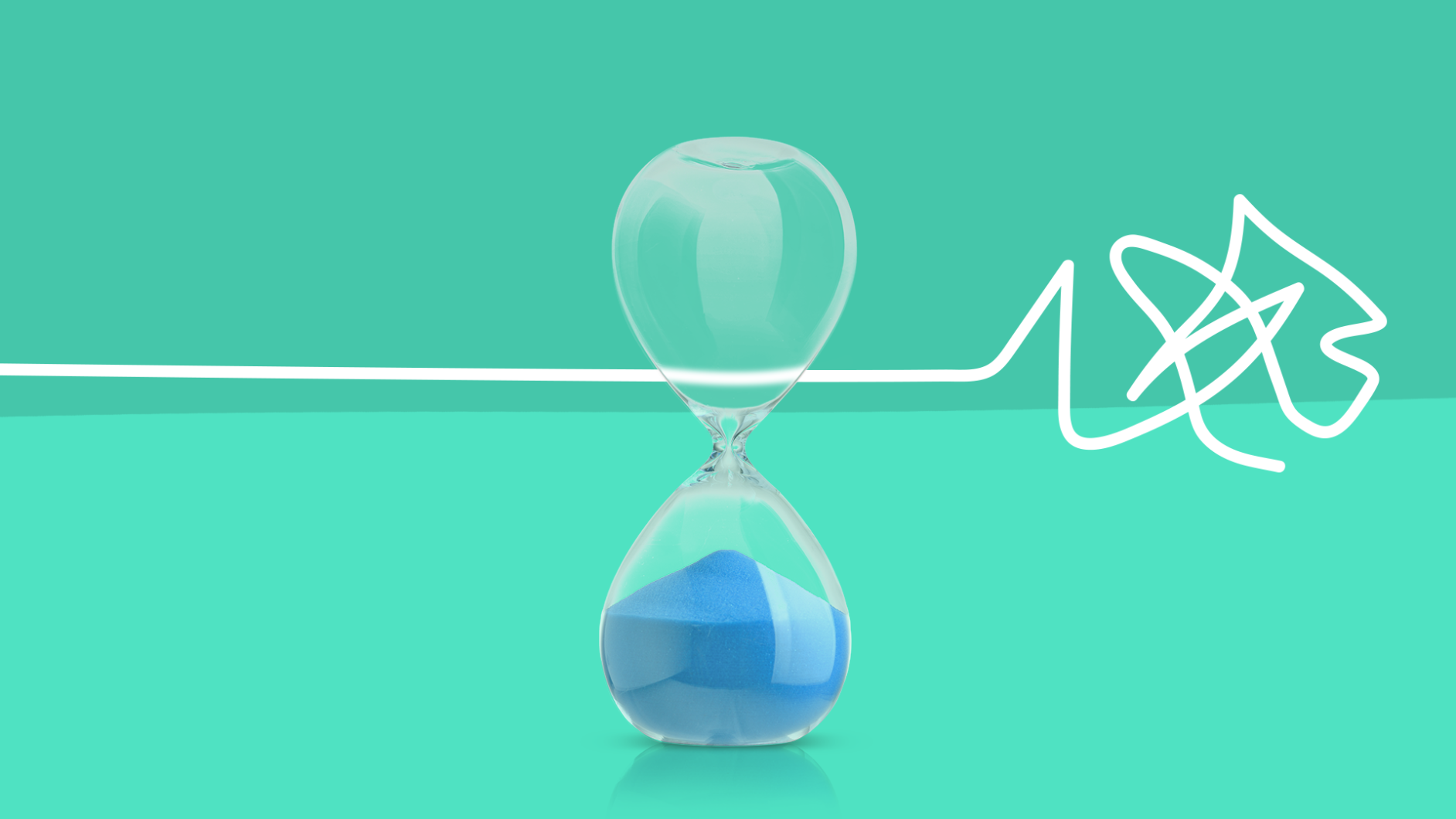Your child with attention deficit hyperactivity disorder (ADHD or ADD) gets home from school tired and hungry. Just when it’s time to sit down and start homework, the daily dose of ADHD medication wears off. Epic meltdowns ensue—after which it can take hours to get back on track.
What many parents don’t realize is: This doesn’t have to be your daily nightmare.
What is ADHD medication rebound?
The flare of symptoms at the tail end of a medication’s effectiveness are called ADHD medication rebound, or sometimes just ADHD rebound. The intense behavior change that you see in your child for approximately 60 minutes at the end of a dose is the brain’s reaction to stimulant medication leaving the body. It’s most commonly seen with short-acting ADHD medications—such as Ritalin, Adderall, or Focalin. But, it can occur with long-acting medications, too.
How to manage ADHD medication rebound
These strategies can help alleviate the rebound effect, and help parents manage the after-school witching hour.
1. Address the cause of ADHD rebound.
ADHD rebound happens when your child’s body processes—or metabolizes—stimulant medication too quickly. If your child has a fast metabolism, a drug that is designed to last for eight to 12 hours may only last for six. The beneficial effects wear off before the next planned dose, and the symptoms that were previously controlled come back suddenly, often even more extreme.
Long-acting ADHD medications—like Adderall XR, Concerta, and Vyvanse—are designed to enter and leave the bloodstream gradually. If your child is taking a short-acting stimulant, the American Academy of Child and Adolescent Psychiatry (AACAP) recommends working with your physician to switch to a different delivery system that may prevent the steep drop-off in medication levels that triggers after-school explosions. Or, work with the school nurse to give a second “booster” dose of medication midday so coverage extends through the evening hours when school is over, but kids still need to concentrate on take-home assignments or extracurricular activities.
2. Add a natural remedy for ADHD symptoms in the evening.
Put physical activity first on your child’s after-school to-do list.
“There is now significant evidence that exercise is beneficial for optimal brain function, and especially valuable for ADHD,” says Sanford Newmark, MD, director of clinical programs at the UCSF Osher Center for Integrative Medicine and author of ADHD Without Drugs. “The parents of my patients with ADHD often tell me that getting daily exercise is an absolute key to how their child functions at school and at home.” Research indicates that exercise sparks the same dopamine and noradrenergic systems that stimulant medications activate.
“Exercise is one of the best gifts you can give your ADHD brain,” Edward Hallowell, MD, author of Driven to Distraction agrees. Biking home from school, or sending kids into the backyard to jump on the trampoline can boost concentration and cognitive processing just enough to focus on homework. At the very least, it can help your child meet the WHO recommendation for 60 minutes of aerobic activity each day.
Offer your child a high-protein afternoon snack.
Dietary choices alone often aren’t enough to control ADHD symptoms, but some research indicate that kids with ADHD are low in tryptophan, which helps produce the dopamine, noradrenaline, and serotonin needed for learning and controlling behavior.
“Most children eat a breakfast and lunch with far too many processed carbohydrates, which are quickly digested and result in unstable blood sugar levels,” explains Dr. Newmark. “Adding protein at each meal will stabilize blood sugar and result in more even attention and performance.”
In other words, having an after-school snack that’s packed with protein, like yogurt, cottage cheese, or peanut butter spread on apple slices could help control ADHD symptoms.
Try a mindfulness activity before starting homework.
Spending a few moments using an app like Calm or coloring a mandala can mellow out challenging emotions and boost concentration skills. “More and more research is finding exciting benefits to boosting executive function and attention after even short mindfulness trainings,” says Christopher Willard, Psy.D., a Harvard Medical School psychologist and author of Raising Resilience.
RELATED: Can you make Vyvanse last longer?
3. Change your evening schedule.
If you notice medication wears off around 7 p.m., when you usually start homework, try flipping the order of your after-school routine. Prioritize high-concentration tasks that can trigger big feelings while medication is still in effect. Later in the evening, schedule fun or engaging activities that aren’t affected by a resurgence of hyperactivity, impulsivity, or inattention—like eating dinner together as a family, or playing a competitive game of Wii Sports. Whenever possible, create a soothing environment for when medication is processing out of your child’s system.
4. Try a different type of medication.
Stimulants medications are often the first-prescribed to treat ADHD symptoms because they work for 70-80% of children. But they aren’t the only option. If, after working with your physician to adjust dosage and timing, your child is experiencing extreme ADHD rebound it might be time to try a different type of drug.
There are three non-stimulant medications that are FDA-approved to treat ADHD: Strattera, Intuniv, and Kapvay. Though, the AACAP notes, they are less effective at reducing symptoms and should only be tried when stimulants are not effective or negative effects are intolerable.
It’s hard when you hear reports from teachers that your child acted like an angel all day, but then transforms into a little monster as soon as he or she gets home. Remember, ADHD rebound isn’t just bad behavior. It’s a reaction to the end of a dose of medication that makes symptoms more intense. And with some small dosage adjustments or creative scheduling, you can (and will) restore order and camaraderie to your home.











